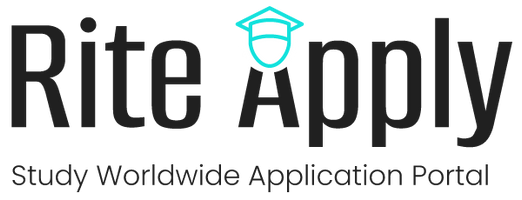
Extended Accelerator - Bachelor of Arts - Public Health At University of South Carolina: Tuition Fee: $40,977.00 USD / Year (Scholarship Available)
Extended Accelerator Program (EAP) combines language, culture and academics to give students a deep understanding of life in and out of the American classroom and includes personalized English-language instruction and tutoring.
As a student in the Extended Accelerator, you’ll get:
- A contextual curriculum that mixes language, culture and academics
- Exclusive access to a course focusing on life in the U.S. and in the local community
- A full year’s worth of college credits
- Extensive English-language tutoring, academic advising and student support
- Personalized English-language support specific to the classes you take
In an age of rapid changes in new knowledge and technologies, public health professionals require a broad education that emphasizes problem-solving skills and an understanding of ethical behavior. Our commitment to you is a first-rate, well-rounded education that will prepare you for a career in service to humanity.
The Arnold School offers two undergraduate degree programs in public health:
Bachelor of Arts (B.A.)
It places more emphasis on social and behavioral sciences for entry into social science-based graduate programs such as law school.
The coursework for the B.A. in Public Health begins with the humanities and an introductory course in public health and then digs further into each of the core areas of public health. Core requirements include environmental health sciences; epidemiology; health services policy and management; communication sciences and disorders; exercise science; and health promotion, education, and behavior. Students also have the flexibility to build cognates in their particular area of interest.
Bachelor of Science (B.S.)
It delivers a broad-based natural science curriculum, preparing those students for further study and natural and environmental public health sciences, medicine and other clinical professions.
B.S. in Public Health coursework begins with an introductory course in public health and classes in biology, chemistry and physics then digs further into each of the core areas of public health. Core requirements include environmental health sciences, epidemiology, health services policy and management, communication sciences and disorders, exercise science, and health promotion, education, and behavior. Students also take advanced science coursework in organic chemistry, anatomy and physiology and have the flexibility to complete the prerequisite courses for any health-related post-baccalaureate professional program.
Public health is a field with many opportunities and lots of room to grow and explore. Our programs can provide you with the specialized knowledge and skills you need to address current and emerging public health issues. We invite you to become part of the effort to protect the environment, prevent the spread of disease, enhance health and well-being at home and abroad, and affect change in policy and law that ensures the rights of all citizens to a healthy world. From assessing the risk of polluting our natural environment to developing science-based physical activity and nutrition interventions to understanding how language is produced and perceived, the Arnold School of Public Health is on the cutting edge of solving public health problems around the globe.
Fundamental to these efforts is a working knowledge of natural science and social science principles and a familiarity with cultural and socioeconomic differences among populations. With the rapid development of new technologies for disease prevention and promotion of health, public health professionals require a broad-ranging education with emphases on problem solving skills and an understanding of ethical behavior. We provide a comprehensive education that will prepare you for further education and a career in service to humanity.
